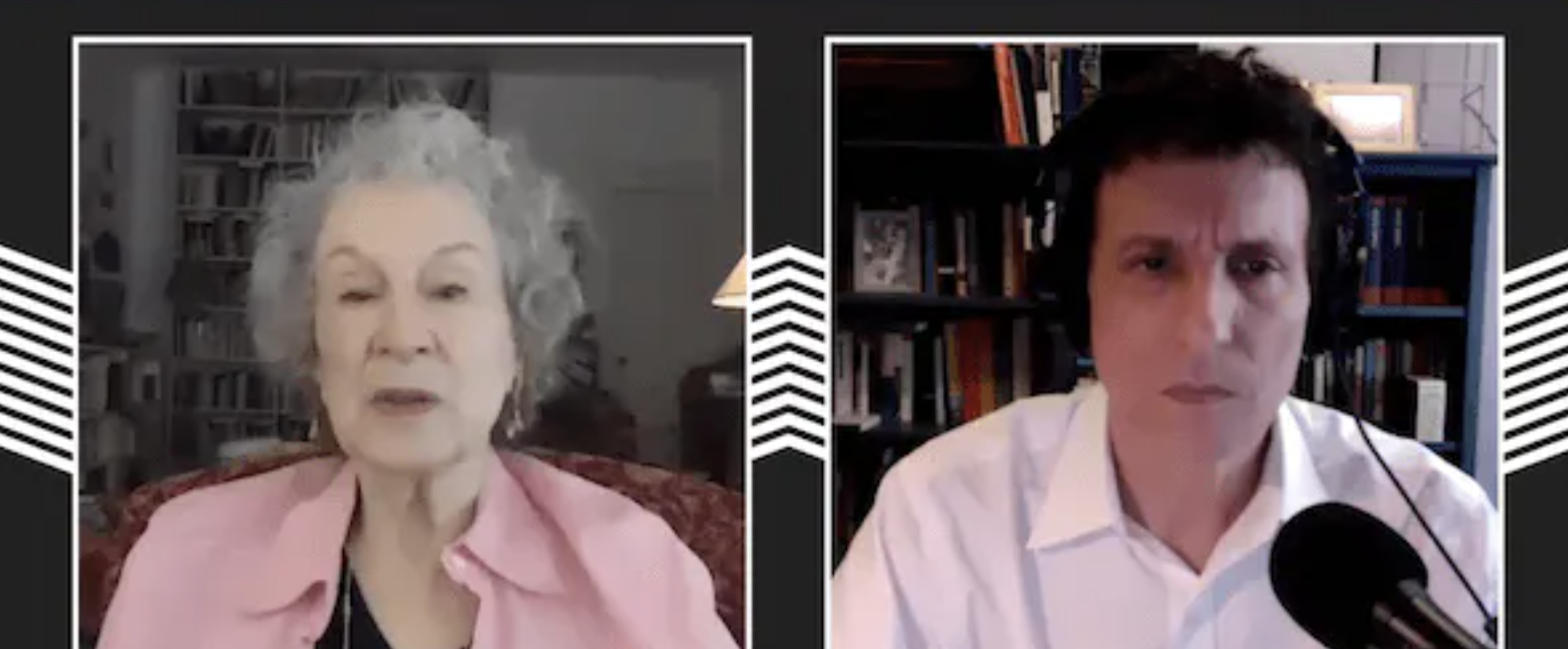After three incredible days, we’re saying goodbye to one of the most unusual and exciting events we’ve held so far. We hope you enjoyed Collision from Home as much as we did. Here are today’s highlights.
Top talks
Today we watched titans including Kristine Belson, The Gronk and Parag Agrawal share powerful insights into their respective industries. Here are five of the top talks from today.
Terrell Owens – #BLM: The value of one voice
The Black Lives Matter movement has reached a crescendo all over the world, and many are hoping for real, lasting change. Entrepreneur and former NFL player Terrell Owens talked about his experience of racism in the NFL and his anger with a broken system:
“The system is failing us. And it has failed us as a black race for so many years. And it’s so unfortunate that it has come to George Floyd’s death to really open the eyes of America, because now America sees what it’s like to be a black person or a person of colour in America.”
Parag Agrawal – Empowering public conversation: A conversation with Twitter’s CTO
Do we feel differently about social media post-pandemic? There’s no doubt that Twitter has proved a valuable platform for sharing important information during the events of the past few months, but it’s times like these when we need to know we’re reading the truth. That’s why we were excited to hear from the source, CTO Parag Agrawal. He talked about the ways Twitter is using machine learning to tackle misinformation and keep the platform focused on healthy discourse.
“We don’t make an attempt to determine the likelihood of something being true or false; instead we try to allow people to discover the conversation more easily around a piece of content so that they can make their own determinations.”
Susan Herman – Civil liberties during protest and pandemic
The ACLU promises to “defend and preserve the individual rights and liberties guaranteed to every person in the US”. Needless to say, between a global pandemic and nationwide protests, they’ve been busy over the last few months. We were keen to hear from ACLU president Susan Herman on the organizations’ future hopes and plans. Susan echoed a growing cry of support for defunding the police, declaring that minor reforms are not enough. She quoted an ACLU study carried out in 2015 that showed the Minneapolis police force – the department which employed the officer responsible for George Floyd’s death – to be “highly racist”.
“In 2015 the ACLU did a report on the Minneapolis police department, which showed clearly that [it] was highly racist – they were arresting people over eight times as often for minor offences. And so [they] did adopt some minor reforms. They were doing bias training – and, hey, it didn’t work. It’s not enough.”
Kristine Belson – Feature film in a post-Covid world
Cinema has always been an escape from the real world, but there’s no avoiding the effects of a pandemic on feature films. President of Sony Pictures Animation, Kristine Belson, shared her thoughts on a post Covid-19 studio with Monica Drake from the NY Times:
“I don’t think it is ever going to be as radical as having no campus. People highly value having a campus because there is huge power in bringing all the artists together.”
Considering we owe some of the most iconic animated films of the last decade to Sony Pictures, we’re hoping Kristine is right.
Margaret Atwood – In conversation with Margaret Atwood
This one didn’t need a snappy title, the idea of a chat with the one and only Margaret Atwood was enough to draw an online crowd. And it was as hard-hitting as you’d expect – Margaret predicted that, because of Covid-19, society is facing upheaval on the scale of the fall of the Soviet Union. She warned of the dangers of a government that may use public fear to take control, in a “Handmaid’s Tale” kind of way.
“We will, however, see a certain amount of, ‘We need to control you more for your own good,’ and the danger of that is once they’ve controlled you ‘for your own good,’ there’s a likelihood that will slip over into controlling you for their good.”
Despite the foreboding tone of her talk, Margaret brought it home with an injection of hope. “I do believe there will be a future. We’re not done yet.”
